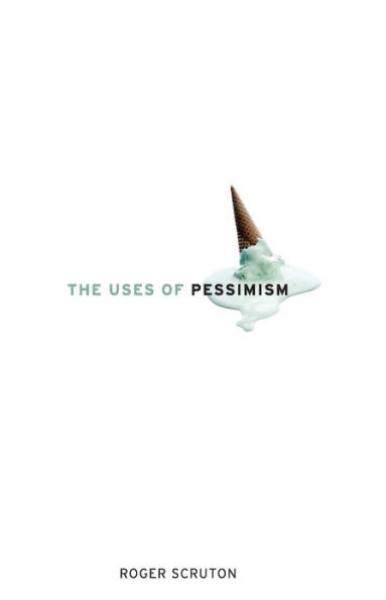Description
limitations of human beings.
The Uses of Pessimism is a far-reaching yet concise assessment of how pessimism can compensate for the fallacies generic to the optimistic mind-set and enable us to live with our own imperfection. Spanning from ancient Greece to the current economic crisis, the book persuasively concludes that
optimists and idealists have courted disaster by overlooking the hard truths of human nature and by adopting na�ve expectations about what can be changed. Scruton demonstrates how many optimism-fueled advances, from the railway to the Internet, reflect a careless pursuit of mastery that is at odds
with--and often undermines--the limited happiness that is the best we can obtain. He urges us to see pessimism not as dark and fatalistic, but as a hopeful point-of-view that favors a balanced appraisal of society and human nature as opposed to utopian wishful thinking. Ultimately, pessimism helps
focus our energies on the one reform we can truly master: bettering ourselves.
In the rigorous but lively style that is his trademark, Scruton throws down the gauntlet to readers, challenging everyone to reevaluate their assumptions about the meaning of pessimism. The Uses of Pessimism breaks down the fallacies surrounding the optimist's perpetually sunny worldview, offering a
voice of wisdom with which to rein in hopes that might otherwise ruin us.
"While some of Scruton's conclusions may be controversial... he does present an intriguing case for using pessimism as a way to examine issues that affect current society. His clear and accessible writing will appeal to those familiar with the author's past works and also those with an interest in
philosophy."--Scott Duimstra, Library Journal
"Scruton has approached his project with incisiveness, breadth of knowledge, and clarity of expression. The Uses of Pessimism is worth arguing over."-- Peter Lopatin, Commentary
"Score one for pessimism."--Peter Monaghan, The Chronicle of Higher Education
Praise for Roger Scruton
"Both left and right should be grateful to have such a man to sharpen and define the issues. And philosophers should be grateful that he has placed their subject at the very centre of current affairs. Perhaps Scruton's greatest contribution is his living demonstration of the truth that without
philosophy we are nothing."--Bryan Appleyard, The Sunday Times
"Scruton . . . is a learned, witty, wide-ranging, prolific, and often dazzling writer."--The Weekly Standard
"A practiced and elegant writer."--The Independent
"Dr. Scruton writes with an unusual clarity and fluency, and is always a pleasure to read."--Times Education Supplement
Product Details
- Oxford University Press, Brand
- Mar 1, 2013 Pub Date:
- 0199968977 ISBN-10:
- 9780199968978 ISBN-13:
- 240 Pages
- 7.9 in * 5 in * 0.7 in Dimensions:
- 1 lb Weight:




